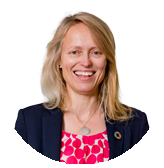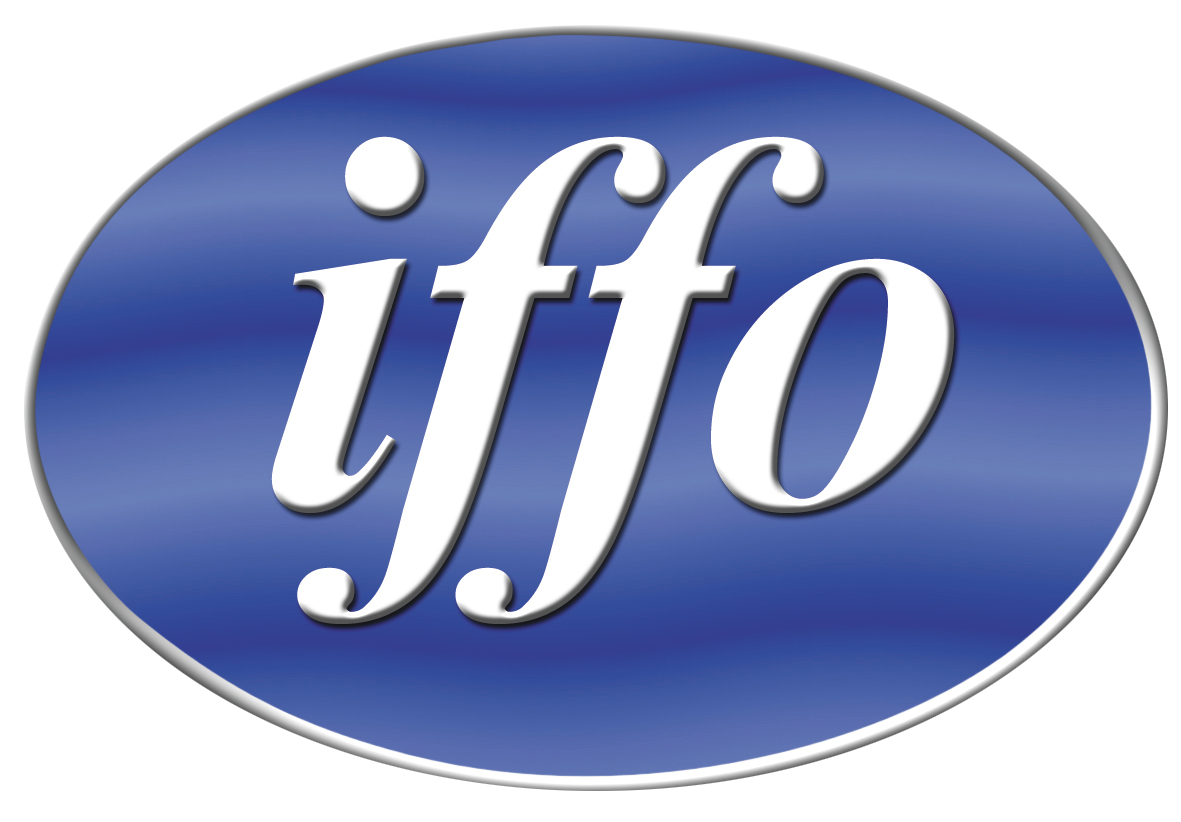
Explore the evolution of the MarinTrust Standard, from the first version of the IFFO RS Standard to the leading business to business third-party audited standard of today.
I understood that the market dynamic was changing fast. Europe had a well-established supermarket sector catering for food, which was becoming increasingly concerned with sustainable and responsible sourcing. However, this was not the case in South America at that time. Jonathan Shepherd, IFFO Director (2004 – 2011)
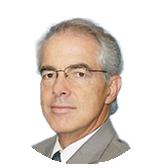
My proposal was to get retail, food service, environmental NGO and other stakeholders around the table with industry, to work out what would be acceptable if we were to keep using marine ingredients in feed. Everyone agreed that they needed to be responsibly sourced, and their origin should be verified by an independent third-party. Andrew Jackson, IFFO’s Technical Director (2006 – 2015)
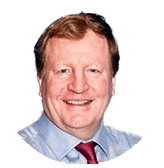
The Technical Advisory Committee develops the global standard for Responsible Sourcing (RS) of Fishmeal and Fish Oil, as an independent third-party certification.
It assures the animal feed, food and nutraceutical value chains that these key marine ingredients are both responsibly sourced and responsibly produced enabling a compliant factory to demonstrate this.
Birdseye Igloo and Sainsbury’s are among its first supporters.
Read moreSainsbury’s was keen to move the sustainable agenda on for reduction fisheries, as we buy a lot of salmon and trout, so we were happy to contribute towards setting up a standard that would help to address this, at least in the South American fisheries. We sat down with the feed suppliers twice a year to go through every fishmeal and fish oil source and risk assess them against our decision tree, which meant a full interrogation of the data. Once the IFFO RS standard was available, it made it much simpler for everyone. Ally Dingwall, Sainsbury’s Aquaculture and Fisheries Manager
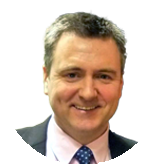
The initial standard is finalized in September 2009 and opens to applications in October of the same year.
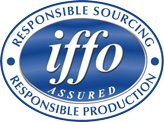
IFFO RS Standard V1.0
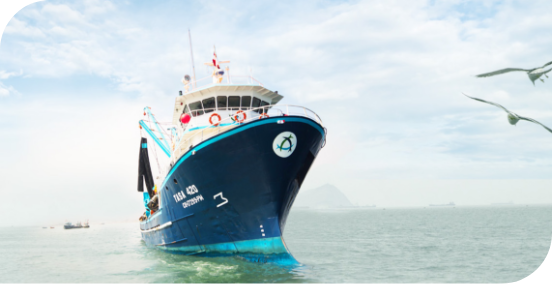
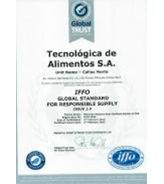
Image: TASA
TASA Callao in Peru come onboard as the first fishmeal plant to achieve certification in February 2010.
I got the National Society of Peru to understand that fishing wasn’t forever if we didn’t do something about dwindling fish stocks, then brought TASA’s Callao site onboard, as the first fishmeal plant to achieve certification in February 2010. Humberto Speziani, IFFO President (2010 – 2011)

Within a year, 30 companies have applied for audit, undertaken improvement works, and become certified. Interest starts to ramp up, both within the industry and from the seafood buyers keen to simplify their responsible sourcing decisions.
Alongside the IFFO Responsible Sourcing Standard, 2010 sees the launch of the IFFO RS Chain of Custody standard.
Assessment against the Standard enables certified producers of marine ingredients to demonstrate that the chain remains unbroken throughout the different stages: fishery > transport > plant > trading > further processing.
Full traceability of compliant products can be demonstrated, from approved raw material sourced from responsibly managed fisheries, to the manufacture and delivery of safe and pure products.
From 2010 to 2014 the standard develops from the very first version, covering only whole fish used in fishmeal and fish oil factories, to version 1.5 and 1.6 which include growing environmental and social clauses.

IFFO RS Standard V1.0
Fishmeal and fish oil factories

IFFO RS Standard V1.1
By-products such as heads, guts and frames included as an acceptable source of marine raw material.

IFFO RS Standard V1.2
Development of environmental clauses

Assurance that the plant manages its environmental impacts in the community where it operates (gas emissions, effluents, etc), in compliance with local regulations and international guidelines.

IFFO RS Standard V1.3
Development of social clauses
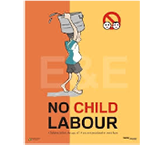
The standard provides assurance that the plant complies with local regulations and international guidelines, with a focus on child labour.

IFFO RS Standard V1.4
Consolidates the environmental and social clauses
One clause in each section asking the company to have a social and environmental policy in place on social and environmental compliance.

IFFO RS Standard V1.5
Further enhances the environmental and social clauses
Another clause was added that prompted new verification steps if they don’t demonstrate compliance with some of the national legislations in the first place.

IFFO RS Standard V1.6
A new logo is created
The Improver Programme encourages factories to gain certification to the Standard by mapping out a structured improvement journey with agreed milestones and a timeframe taking them towards becoming IFFO RS certified.
In 2015, a Panamanian site, together with its respective pelagic fishery, is the first to gain acceptance onto the Improver Programme.
In 2015, IFFO RS also becomes a financially independent legal entity.
In 2016, a memorandum of understanding is signed with the Marine Stewardship Council (MSC).
Both standards agree to provide clarity on their respective scheme and highlight the fields where they complement each other.
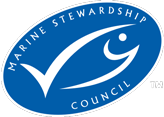
Over time we had to question if we were too close to IFFO to ever shake off the doubters. We were already financially independent, but I decided in 2016 that I should step down from IFFO to become full-time executive chair of the standard. A rebranding exercise was the final step needed to emphasise our independence and convince the doubters, and once this process started, I decided it was time to hand on the reigns. I had already completed my vision. Andrew Jackson, IFFO RS Executive Chair (2016 – 2018)

The fisheries assessment evaluation changes to include categorisation of species so that fisheries with some by-catch can be taken into consideration.
Version 2 of the IFFO RS also introduces its own Good Manufacturing Practice Clauses equivalent to internationally recognised standards such as GMP+ and FEMAS.
These clauses are tailored to marine ingredient production, including production for Direct Human Consumption.
Alongside internal developments over the coming years the Standard increases its links within the industry.
We carry out an annual reporting each year on our activities and outputs as a company in order to identify improvements and areas where additional work is needed. This is then used to guide organisational and governance decisions.
Nicola Clark, Monitoring, Evaluation and Learning
Coordinator (2017 – 2020), and now Impacts Manager
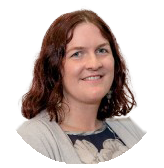
The revisions included in the IFFO RS Improver Programme have been guided by internationally agreed requirements for FIPs (Fishery Improvement Projects) and provide more extensive information for applicants and other stakeholders. This also offers a more structured and robust application and ongoing reporting process.
Nicola Clark, Monitoring, Evaluation and Learning
Coordinator (2017 – 2020), and now Impacts Manager

ISEAL Associate Membership was another step on our journey in ensuring that our industry demonstrates good behaviour in the sourcing and production of marine ingredients, which are the foundation of the aquaculture industry.
Francisco Aldon, General Manager (2015 – 2020),
and now MarinTrust Chief Executive Officer


Francisco Aldon becomes CEO of IFFO RS in 2020 and oversees the completion of a comprehensive rebranding process of IFFO RS to MarinTrust.
The process started in 2019 and includes the creation of a new visual identity.
The new name conveys the value that MarinTrust brings to its stakeholders:
“Trust in marine ingredients from a production facility.”
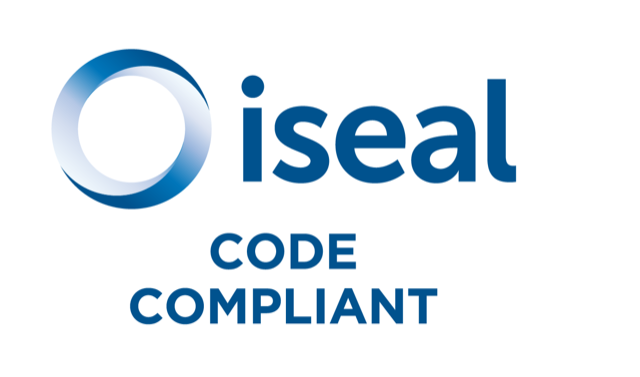
ISEAL is the global membership organisation for ambitious, collaborative and transparent sustainability systems. Its members share knowledge and innovate on key sustainability challenges.
As a Code Compliant member, MarinTrust adheres to ISEAL’s Codes of Good Practice – a globally recognised framework for best practice.
Find out more about ISEAL’s Codes of Good PracticeI have witnessed all the hard work that goes on behind the scenes to maintain a credible standard, and the achievement of ISO17065 certification and becoming a full ISEAL member in 2020 are testament to that work. It is a big accomplishment. Trygve Berg Lea, then Sustainability manager at Skretting Group (until March 2021)
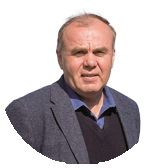
Amid the Covid-19 outbreak, MarinTrust invokes its process on handling remote MarinTrust Factory and MarinTrust Chain of Custody audits.
Read more
As well as safeguarding the welfare of all of those involved in the MarinTrust certification system, we wanted to support our stakeholders and cause minimal disruption whilst at the same time maintain the credibility and the assurance of the programme.
Therefore, together with the COVID policy and process on handling remote MarinTrust Factory and MarinTrust Chain of Custody audit, we included a risk assessment approach so that our registered Certification Bodies can assess case by case the level of risk associated with the effectiveness and robustness of conducting audits remotely on a facility.
Laura Shepherd, Certification Programme Coordinator (2016 – 2020) and now Compliance and Integrity Manager
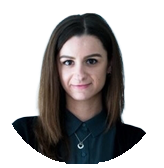
From 2020 onwards, the work of MarinTrust continues in a succession of key events leading up to the 2022 launch of the MarinTrust Standard Version 3.0.
Our Seafood Traceability (SeaTrace) project, funded by the UK Seafood Innovation Fund, engages with and examines the existing marine by-products supply chain in the UK, identifies the data that needs to be recorded and exchanged between various supply chain actors, and works to define a reliable and robust electronic traceability system for that industry. Francisco Aldon, MarinTrust CEO since 2020

The 2025 objective is to have 75% of global combined marine ingredient production certified, in application, assessment or in an Improver Programme.
I have spent many years working with industry groups that exercise leadership in driving positive change in fisheries management. I am proud to be a contributor to the growth of MarinTrust as it has shown itself to be committed to making a difference. Duncan Leadbitter, independent consultant at Fish Matter

The aquaculture industry will only thrive if it has responsibly-sourced feed ingredients. Our Best Aquaculture Practices (BAP) Feed Mill standard sets a global requirement for 75% of marine ingredients to be certified by 2025 - this target would be meaningless without the progress being made by MarinTrust. Dan Lee, BAP Standards Coordinator
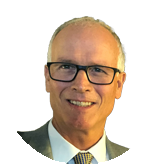
Looking to the future, MarinTrust is broadening its scope on social issues to cover crew welfare standards on vessels, as well as concentrating on growing the improver programme and encouraging more fisheries to enter FIPs (Fishery Improvement Projects). We look at including other marine ingredients in the standard scope in the future, aware as we are that marine ingredients have some of the best oversight out of all the feed ingredients. Libby Woodhatch, MarinTrust’s Executive Chair
